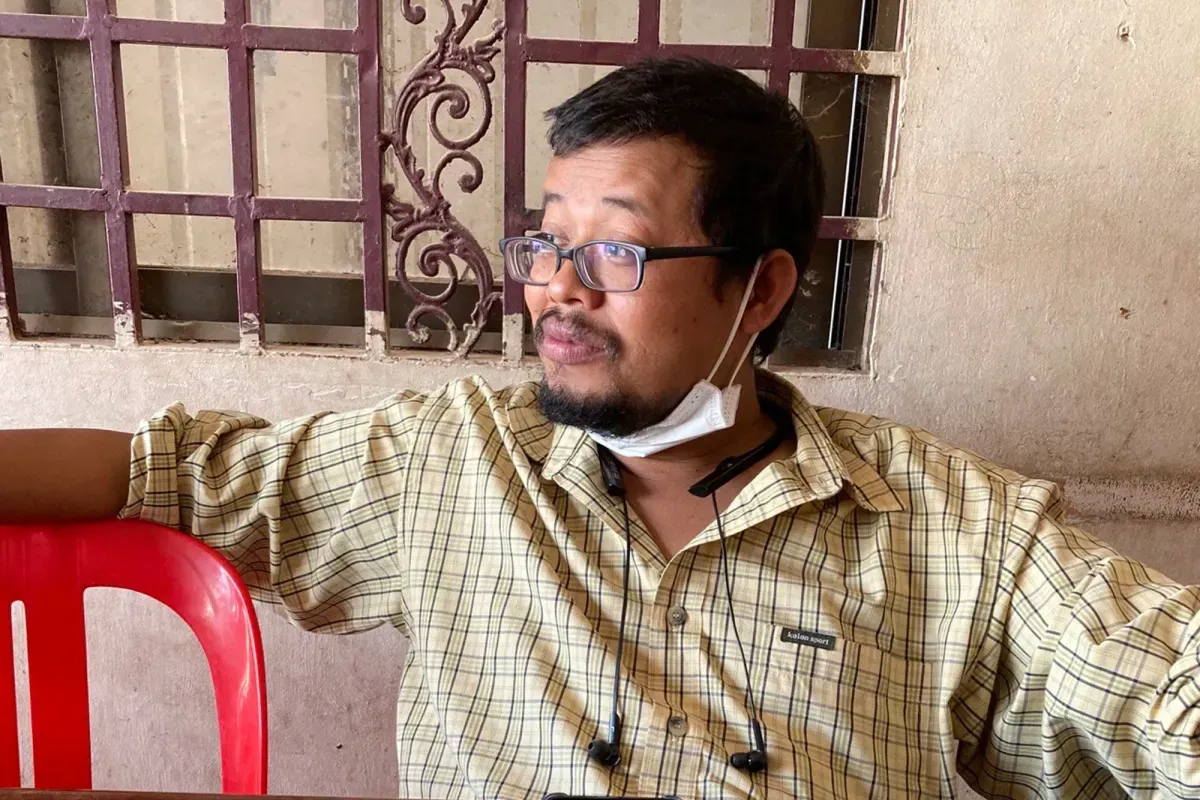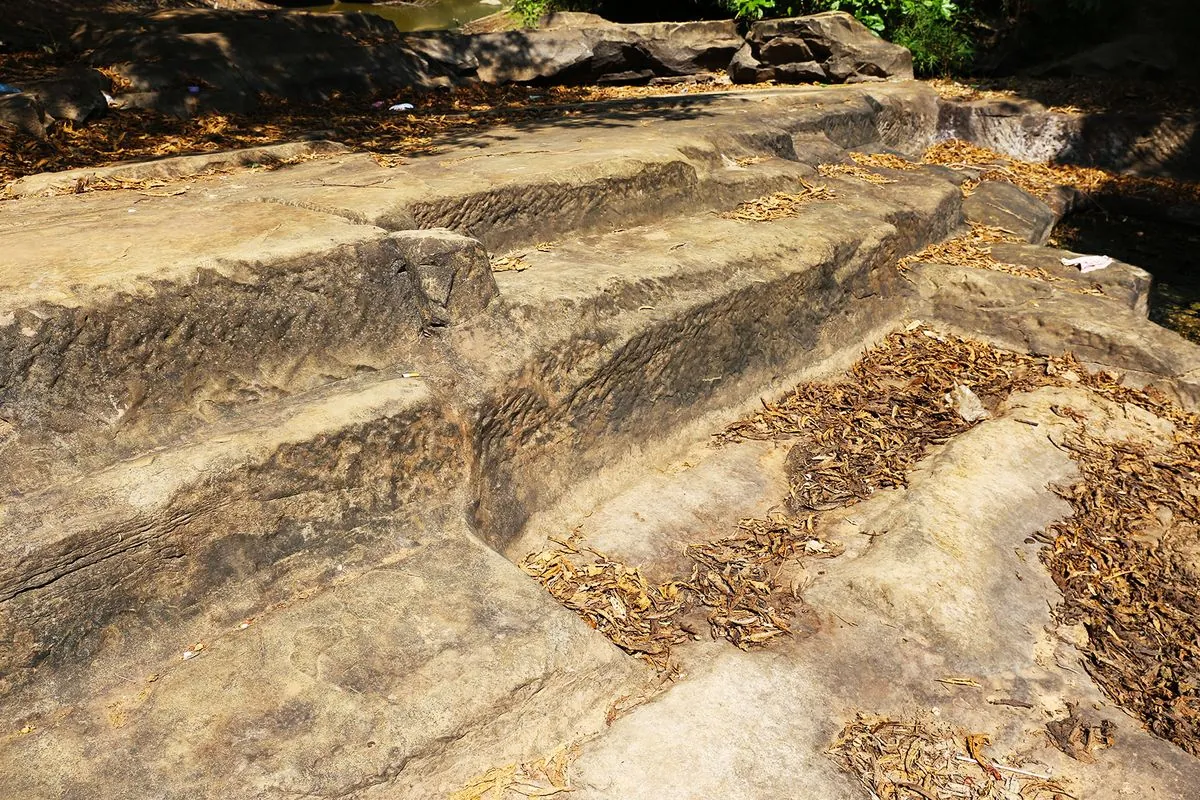Cambodian Journalist Faces Prison for "Inciting Social Unrest"
Mech Dara, an award-winning Cambodian journalist, has been charged with inciting social unrest. His arrest has sparked concern among rights groups and the U.S. government, highlighting Cambodia's declining press freedom.

In a concerning development for press freedom in Cambodia, investigative journalist Mech Dara has been charged with "inciting social unrest" by a Phnom Penh court. The charges, which carry a potential two-year prison sentence, stem from posts about quarrying activities on a sacred mountain.
Mech Dara, known for his exposés on corruption and human trafficking, was arrested on September 30, 2024, by military police at a highway toll booth between Koh Kong and Sihanouk provinces. This incident has drawn attention to Cambodia's declining press freedom, a trend that has seen the country sink to the bottom of global press freedom indexes in recent years.
The journalist's work has been internationally recognized. In 2023, U.S. Secretary of State Antony Blinken honored Dara with a hero award for uncovering massive scam compounds in Cambodia, staffed by trafficked workers. These compounds are part of a multibillion-dollar criminal industry that has made Southeast Asia its epicenter, targeting victims globally with fraudulent schemes.

Cambodia's media landscape has undergone significant changes since gaining independence from France in 1953. Once boasting a flourishing local media scene, the country has seen authorities shuttering independent outlets, many of which Dara worked for. This decline in press freedom contrasts sharply with Cambodia's rich cultural heritage, symbolized by landmarks like Angkor Wat and the Tonle Sap Lake, the largest freshwater lake in Southeast Asia.
The U.S. State Department has expressed "great concern" over Dara's arrest, highlighting the international implications of the case. This comes just a month after Washington sanctioned Cambodian businessman and ruling party Senator Ly Yong Phat over alleged connections to the scam industry.
Cambodia's government maintains that it does not stifle free speech but will punish those who break laws. However, this stance is at odds with the country's recent history of media suppression. The situation is particularly concerning given Cambodia's young population, with a median age of about 26, and its rapid urbanization, especially in Phnom Penh.
"Dara must be freed so he can continue his work to shed light on issues like human trafficking, forced labour and corruption. Arresting one of Cambodia's bravest journalists will have a devastating effect on access to information for all Cambodians."
The charges against Dara come at a time when Cambodia is grappling with various challenges. The country's economy, heavily reliant on garment manufacturing and tourism, faces pressures from global economic shifts. Additionally, environmental concerns, such as the preservation of the Cardamom Mountains' diverse ecosystems, compete with development interests.
As Cambodia continues to navigate its post-Khmer Rouge era, cases like Dara's highlight the ongoing struggle between press freedom and government control. With a literacy rate of approximately 80% and increasing access to information, the outcome of this case could have far-reaching implications for Cambodia's 17 million citizens and their access to independent journalism.


































